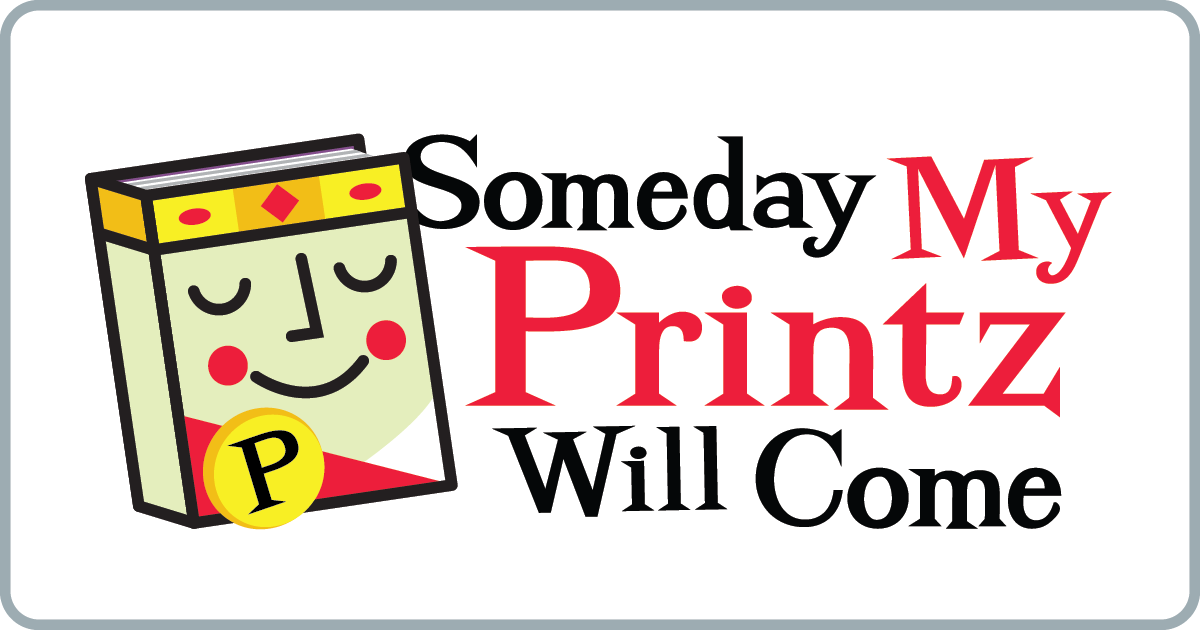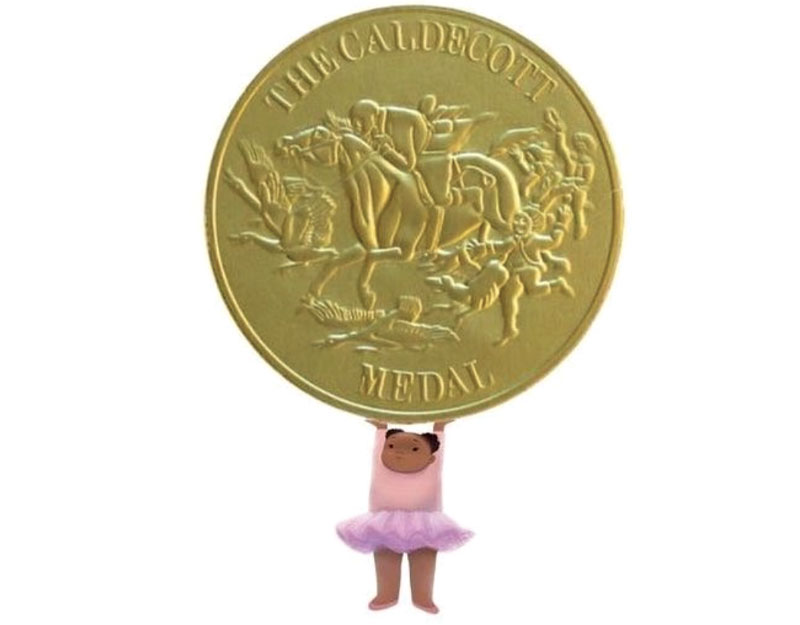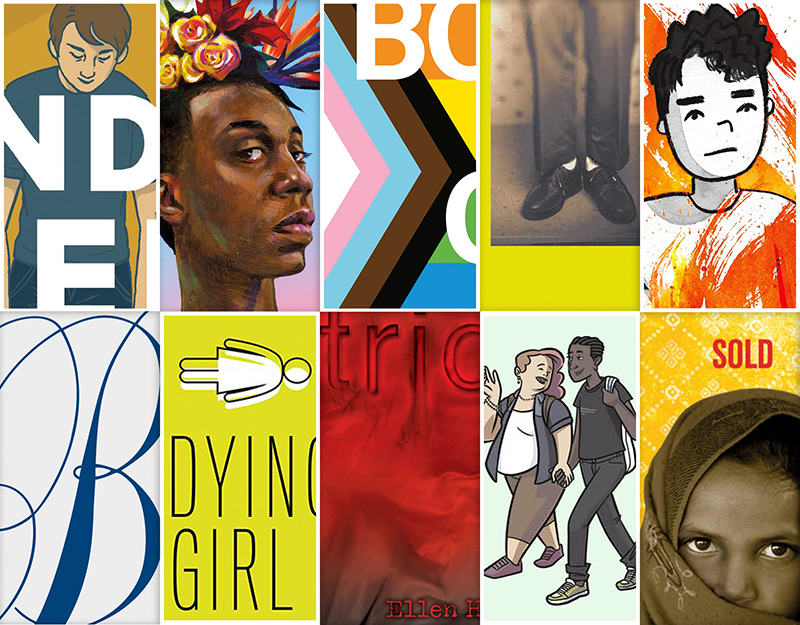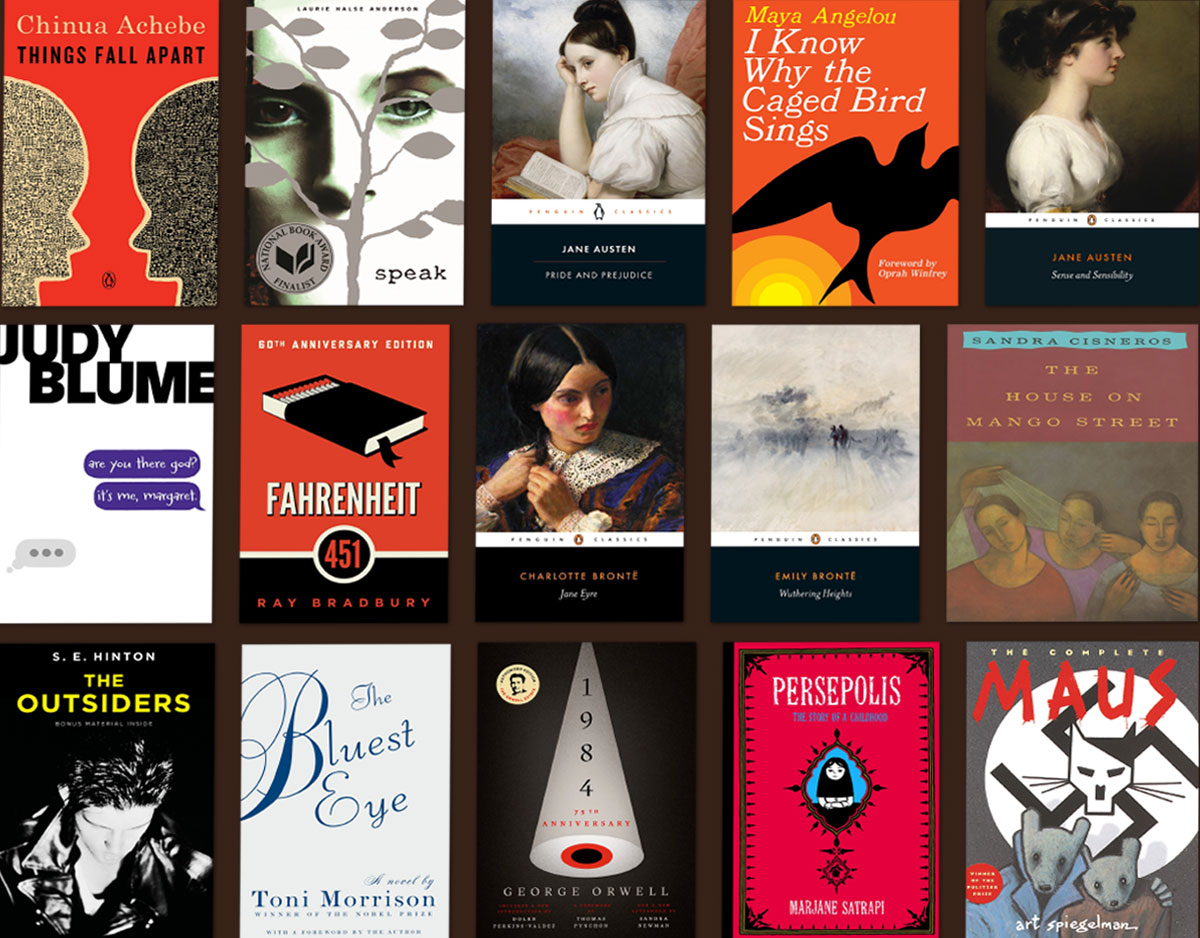SCROLL DOWN TO READ THE POST
Gone Fishin’
 Catch and Release, Blythe Woolston
Catch and Release, Blythe Woolston
Carolrhoda Lab, February 2012
Reviewed from final copy
Blythe Woolston’s debut (The Freak Observer) won the Morris. Her sophomore effort is getting some buzz (especially from Kelly over at Stacked), although it didn’t do so well on the star collecting. Then again, my research shows zero stars for The Freak Observer, and the Morris is nothing to sneer at.
The premise is a bit high concept: teen survivors of a MRSA infection on an epic, not entirely planned road trip (the Booklist reviewer referenced “nearly Kerouacian moments,” which is a lovely way of pointing to sometimes episodic moments that are pregnant with potential meaning but might just be the result of the vagaries of life. Then again, I’ve never really seen the charms of On the Road). There is a lot here that works, and a lot to respect from a literary perspective; the concept might be high but the execution is often tight.
ADVERTISEMENT
ADVERTISEMENT
There is also, and how the RealCommittee feels about this will probably determine how far Catch and Release gets in the Printz conversation, a tendency to take the metaphors and use them to death and hit the reader over the head, repeatedly, with Symbolism. For me, this was a significant flaw, but objectively it’s hard to assess, and what I perceive as a notable flaw might strike someone else as careful construction.
But you know what? Why don’t I stop talking generalities and hit some specifics?
So, the good. I might just love Polly, and that is entirely thanks to the strength of her voice. She’s angry, yes, but also sharp and funny with a tongue as barbed as the fish hooks on the cover. Initially, I thought there was some issue with the consistency of voice: Polly-that-was and Polly as we meet her through her own narrative don’t seem like they could possibly the same person. The now Polly would never ever fall for someone like Bridger, and the amount of time that has passed since the MRSA hit doesn’t seem to be long enough for her to have changed. On a second read, although I had completely forgotten the passage, I think I was informed by the section where Polly talks about working so hard to be nice, which is the thing that makes her voice make sense.
This is one of those details that is deeply affected by a second read. On read one, it was too little too late; by the time that passage appears it’s almost a third of the way through, and as a reader I was so confused by Polly’s character and what I was perceiving as inconsistencies that I never got past my lack of belief in her, even once she made sense within the context of the narrative. Six months later, I had, frankly, forgotten that scene and most of the rest of the book, but clearly some residual memory was at work, because I bought her, hook, line, and sinker.
(See what I did there? Oh yeah.)
And really, the greatest strength of this book is the voices, Polly’s and also Odd’s in the tiny glimpse we get of him at the end. The dialogue between them is also great — they spar and bicker, they snarl, they don’t always like each other, but through those moments we see the development of a friendship that might just be the real deal, despite Polly’s anger, despite how completely messed up Odd is.
But the strength of Polly’s voice in particular is also what makes the biggest flaws, in my eyes, so obvious.
The metaphor of fishing as life, of catch and release as a philosophy for living is not subtle. In fact, it’s more or less written in giant neon flashing lights throughout. It might work, still, except for the clumsy symbolism, which in turn makes the writerly bits stand out, so it becomes harder to ignore the heavy handed treatment of the metaphor.
Polly has one eye. The heart of her baggage, post MRSA, is that her face is a scarred mess with only one eye. And it makes sense, as a result, that she might be a bit obsessed with eyes. But the first fish she catches gets a hook through the eye. That’s… not subtle. The bison she meditates on, more or less, at Yellowstone, turns it head and — surprise! — only one eye. By the time Odd exposes himself to her and the reference to his penis as a one-eyed god shows up, the eye symbolism has gotten so out of hand that the reference, which should be unremarkable, feels like a hammering of the same image.
(Also, for purposes of brevity, I skipped at least three other eye images, from the slightly random dead birds of Polly’s childhood to Odin. So if you haven’t read this yet, trust me when I say the imagery is everywhere.)
ADVERTISEMENT
ADVERTISEMENT
The other motif is Yeats, particularly “The Stolen Child”. It’s well integrated and handled with some subtlety for much of the book — the last piece of Polly’s aborted academic existence, the CD of versions her mother mistakenly played throughout the hospital stay, making the poem both about Polly and Odd’s journey and also about how much she never fit into her own life — this is powerful stuff. Thumbs up for craft. Only then the mostly blind old man also recites Yeats to Polly and calls her beautiful, and it’s too perfect of a coincidence. Once again, the tipping of the hand makes the writerly craft suddenly obvious.
Now, both of these are things that a committee could argue back and forth, and each reader could fall in a different place on the works and doesn’t work, while the craft of choosing Stolen Child, or Odd with the connection to Odin and his one eye can’t be denied — only the execution is in question. This is the stuff of a meaty discussion, and a persuasive speaker could sway a committee.
No amount of persuasion makes up for Nekko instead of Necco, and I’m not sure persuasion makes the bizarre framing with Odd’s letters work either. I loved the effect his letters at the end have — they recast the entire trip, change the narrative focus of so many moments. But we read them through the lens of Polly reading them, which is awkward, and although Odd’s broken childhood and love for his grandmother is poignant and effectively tugged at my heartstrings, it’s tacked on awkwardly to the rest of the novel. And the opening letter is so lacking in context that it’s just confusing until you’ve read the entire book. It’s never good when one of the biggest issues is in the opening. The again, the premise of Jasper Jones killed that book for me and the RealCommittee clearly found it a forgivable issue, so who am I to judge anything??
In the end, I think this has real chops and could stand up to a serious look for the Printz. I could even see this making the top 10; I’m not convinced it would make the top 5. I could also see it being dismissed out of hand. It’s all about what we, as readers, can forgive and what we can’t. What say you, readers? Where do you draw the line?
Filed under: Contenders, Fiction
About Karyn Silverman
Karyn Silverman is the High School Librarian and Educational Technology Department Chair at LREI, Little Red School House & Elisabeth Irwin High School (say that ten times fast!). Karyn has served on YALSA’s Quick Picks and Best Books committees and was a member of the 2009 Printz committee. She has reviewed for Kirkus and School Library Journal. She has a lot of opinions about almost everything, as long as all the things are books. Said opinions do not reflect the attitudes or opinions of SLJ, LREI, YALSA or any other institutions with which she is affiliated. Find her on Twitter @InfoWitch or e-mail her at karynsilverman at gmail dot com.
ADVERTISEMENT
SLJ Blog Network
One Star Review, Guess Who? (#202)
This Q&A is Going Exactly As Planned: A Talk with Tao Nyeu About Her Latest Book
More Geronimo Stilton Graphic Novels Coming from Papercutz | News
Environmental Mystery for Middle Grade Readers, a guest post by Rae Chalmers
The Classroom Bookshelf is Moving
ADVERTISEMENT
ADVERTISEMENT







